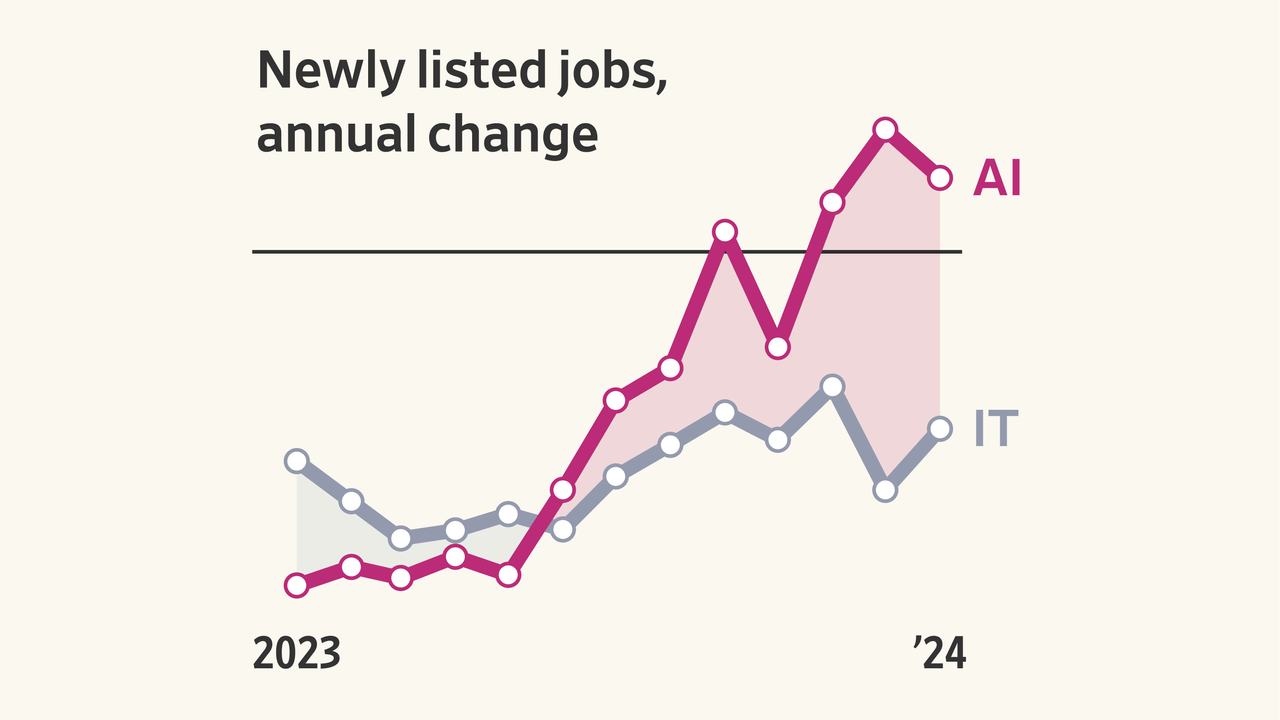Following the temporary shutdown of ChatGPT by the Italian watchdog Garante last year, efforts to bolster regulatory teams with AI experts faced significant setbacks, shedding light on the challenges faced by regulators worldwide.
Despite attempts by Italy’s data protection agency to hire four AI experts, recruitment endeavors were thwarted by issues including pay disparities and visa complications, leading to a dozen candidates withdrawing from consideration, as stated by Garante board member Guida Scorza.
The surge in demand for AI expertise since the unveiling of ChatGPT has led to intense competition for talent among regulators, exacerbated by factors such as relatively low pay scales, prolonged hiring processes, and visa restrictions, according to industry insiders cited by Reuters.
Similar challenges are anticipated for other public bodies in the European Union (EU), particularly as the bloc introduces comprehensive AI regulation. Recruitment efforts for the newly established AI Office and the European Centre for Algorithmic Transparency (ECAT) have encountered hurdles, with concerns raised over salary offerings and the appeal to top talent.
In contrast, the United States has demonstrated a more aggressive approach, with initiatives like the creation of the “AI Corps” under President Joe Biden, aiming to expedite hiring processes and offer competitive salaries to attract AI expertise.
While some UK government roles offer attractive incentives, including salaries comparable to those in the private sector, others remain less appealing in terms of compensation. The recruitment challenges have prompted calls for policy reforms to facilitate the recruitment of tech talent and address the pressing need for AI regulation and oversight.
The Tony Blair Institute for Global Change has urged the UK government to implement measures such as relaxing recruitment rules, revising pay structures, and introducing new work visas to address the depth of talent required for effective governance in the AI landscape.
Navigating these recruitment challenges will be essential for governments to ensure the availability of skilled professionals capable of addressing the complexities of AI regulation and contributing to the development of trustworthy AI systems.



